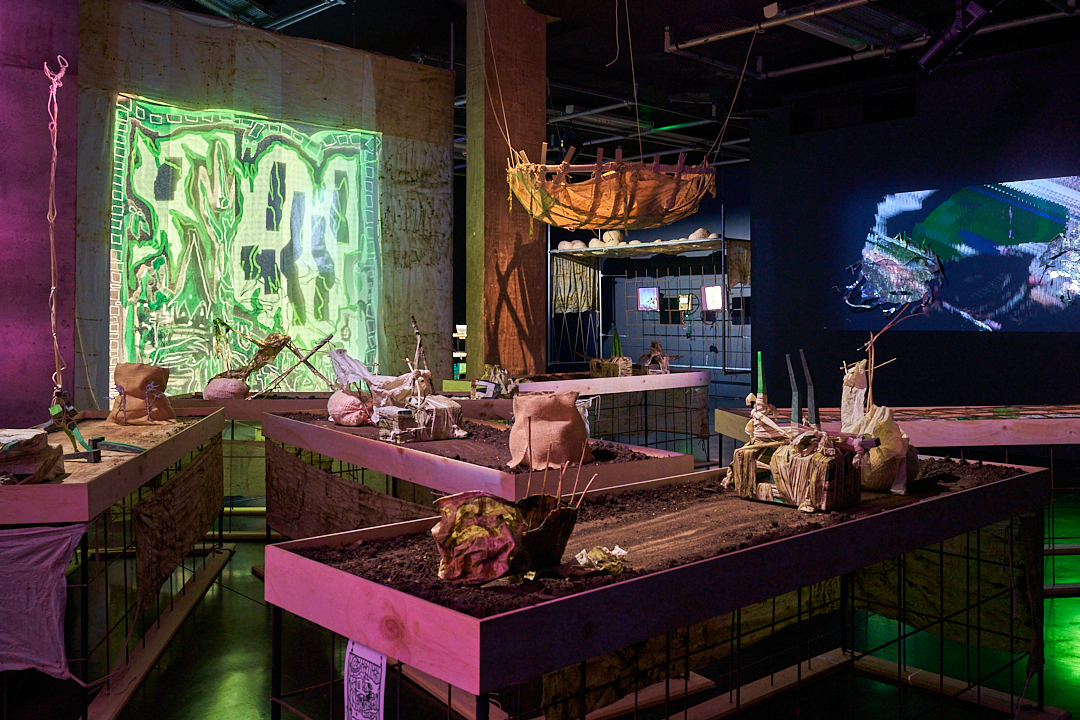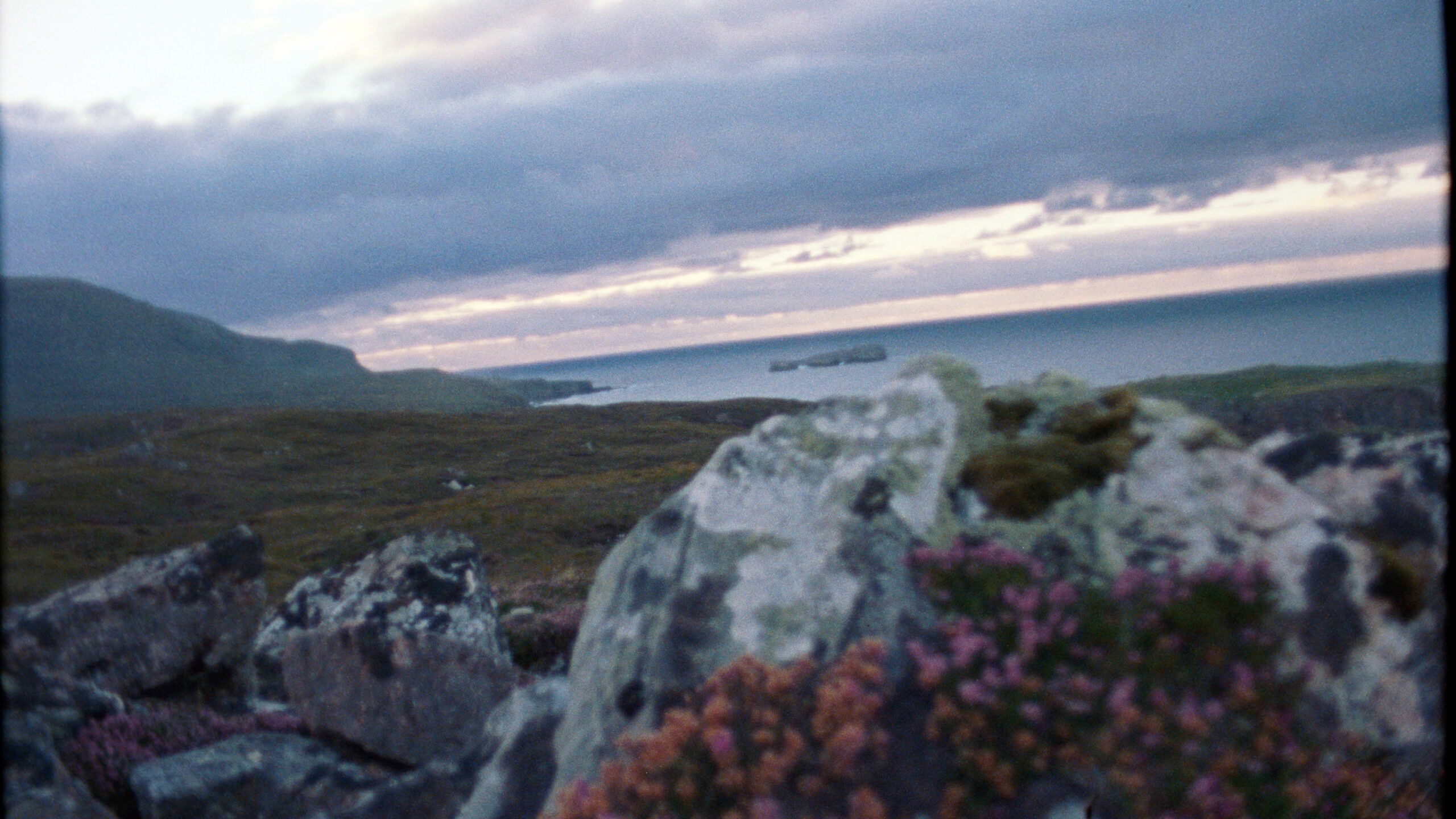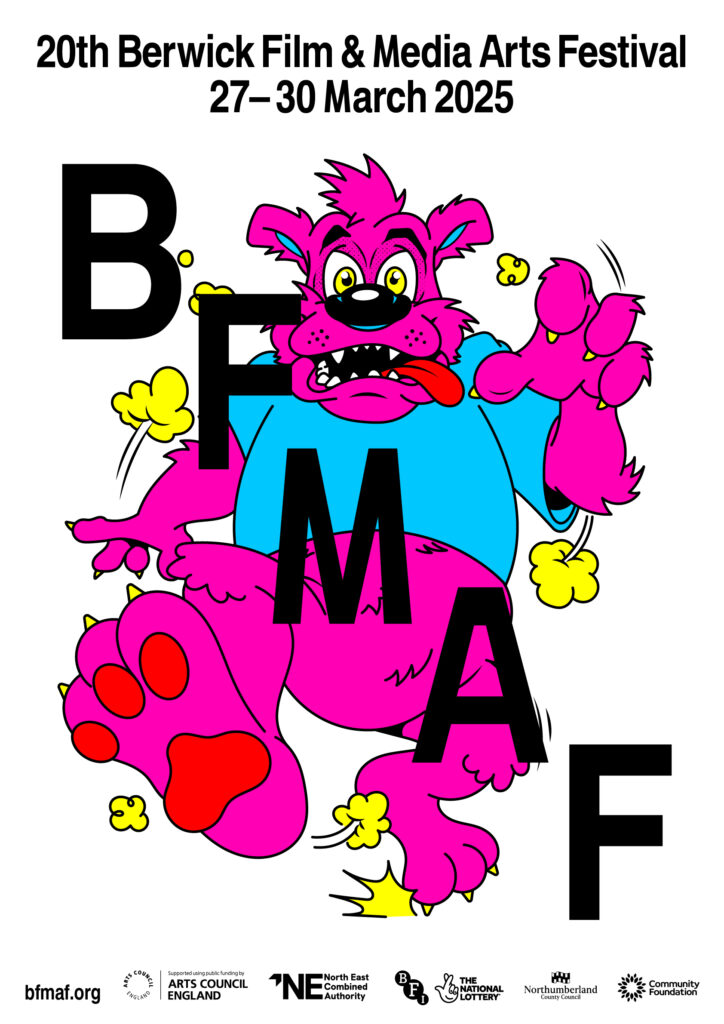NEWS, 7 May 2025
Artists’ Lab: Ambient Animation
Join us 14 June 2 – 4pm for our next Artists’ Lab at the Burr of Berwick
The Film Library
OPEN SATURDAYS, 12 - 4PM, 22 Bridge Street. Stop by and see Endless Love Tapes until 19 July.
image: Amelia Read • 19th Berwick Film & Media Arts Festival • 2024
NEWS, 8 May 2025
Reviews 2025
The reviews have started coming in! Take a look at what the film critics say about the Festival and the Programme…
Newsletter
Stay up to date with Festival news, programme updates and opportunities.
image: barrunto • Emilia Beatriz • Puerto Rico, United Kingdom • 2024
Essay
The Temporal Entanglements of Assia Djebar’s The Zerda and the Songs of Forgetting
by Philip Rizk
Artists & Filmmakers
Explore the work of artists and filmmakers featured in previous festival years.
image: Amelia Read • 19th Berwick Film & Media Arts Festival • Maria Fusco in Conversation • 2024
Essay
Intimate Exchanges: The Films of Ayanna Dozier
by Hannah Bonner









